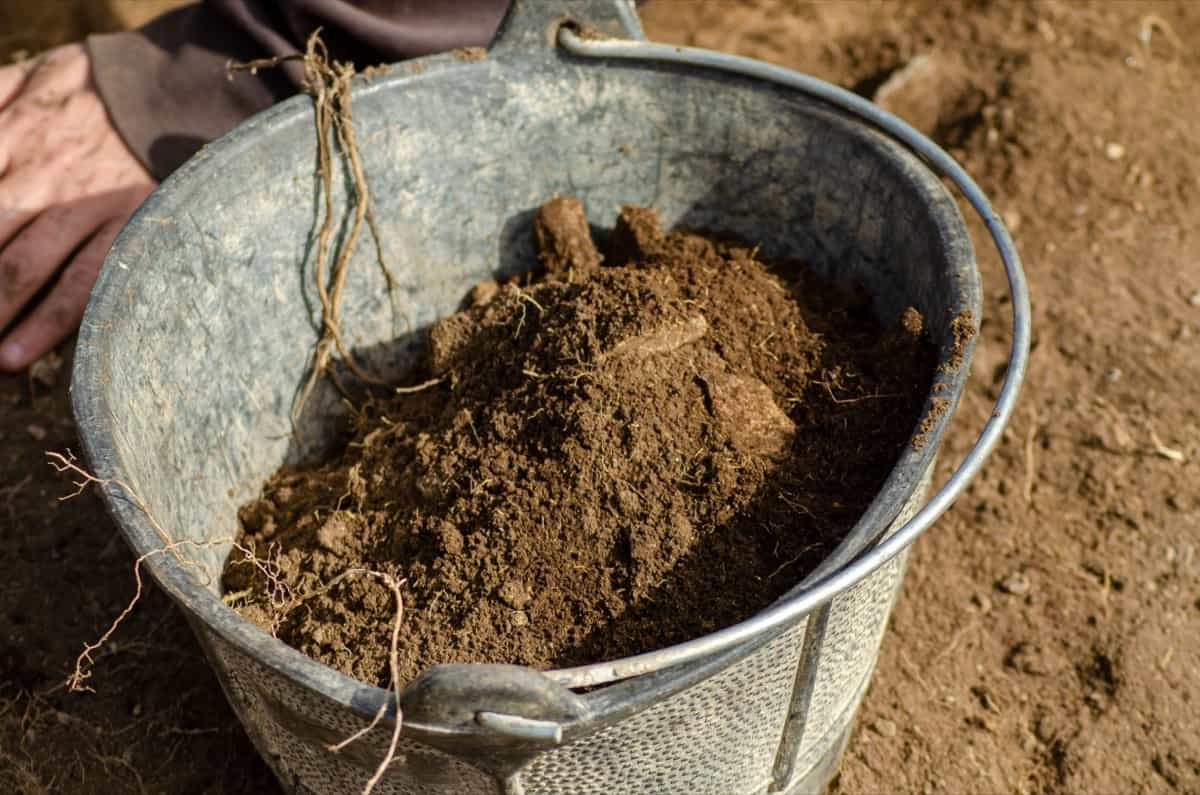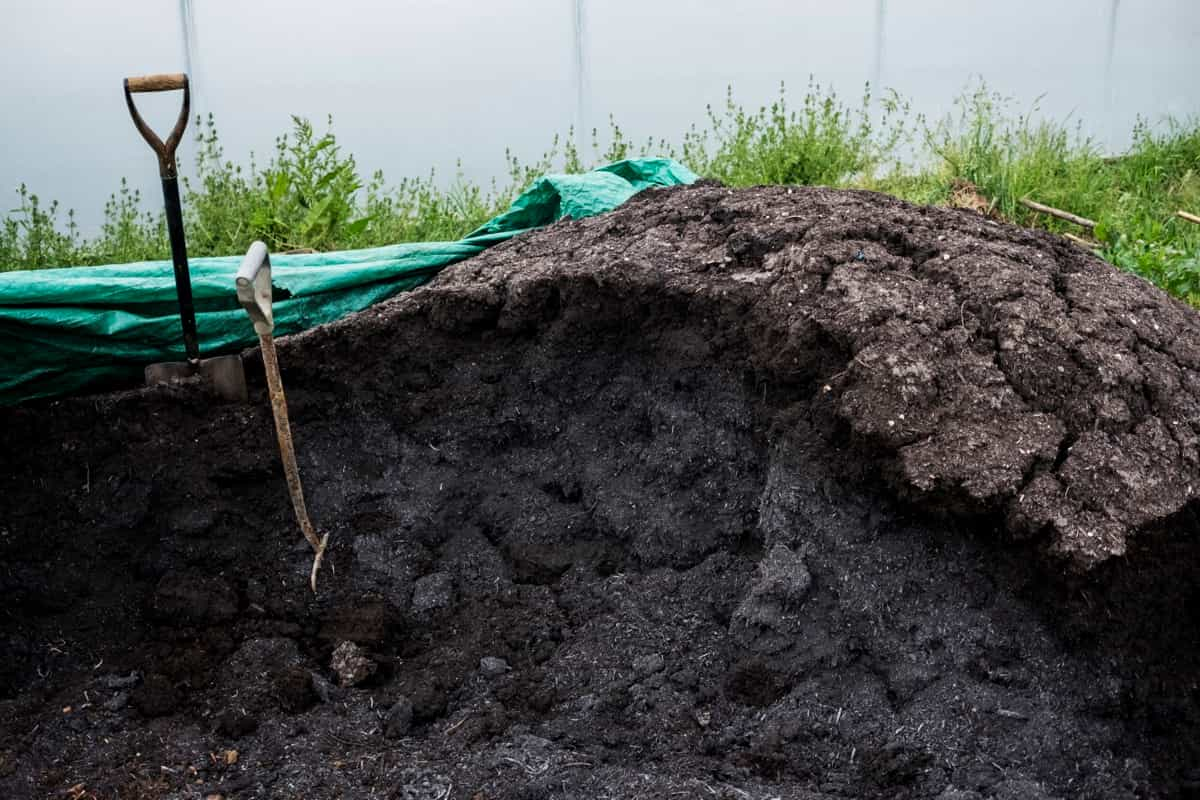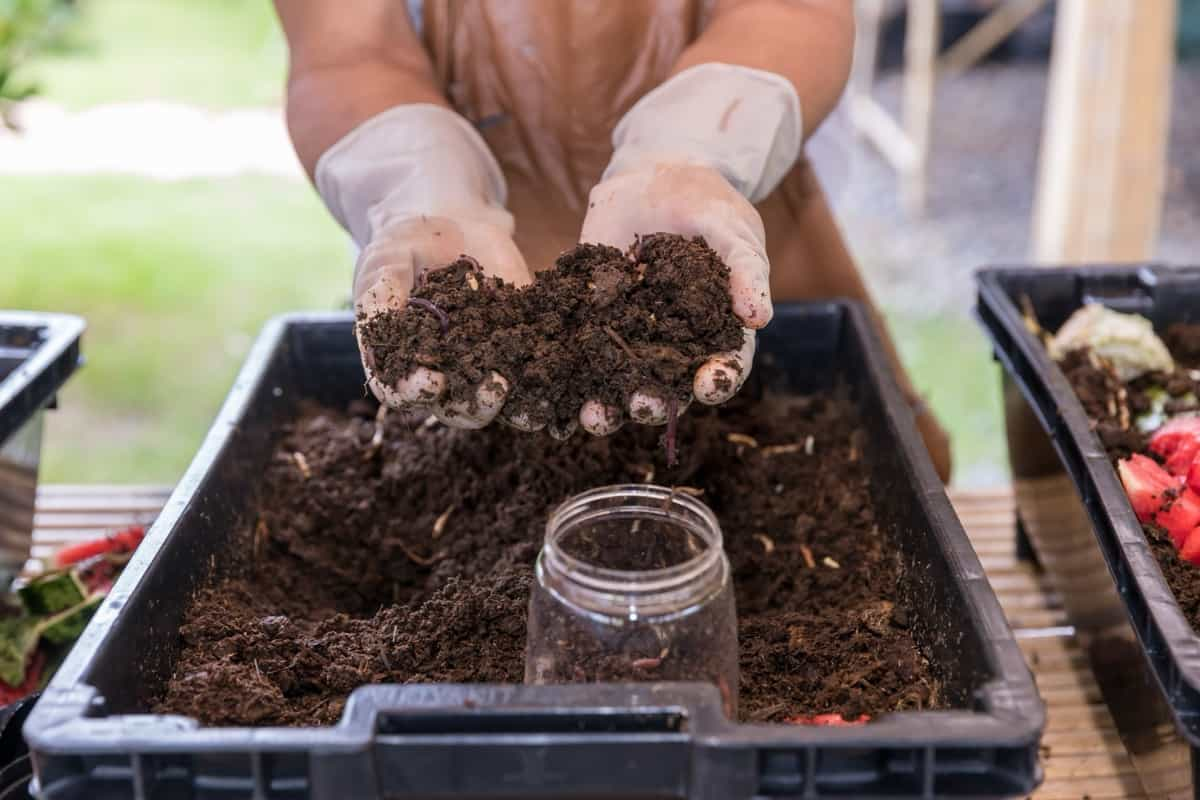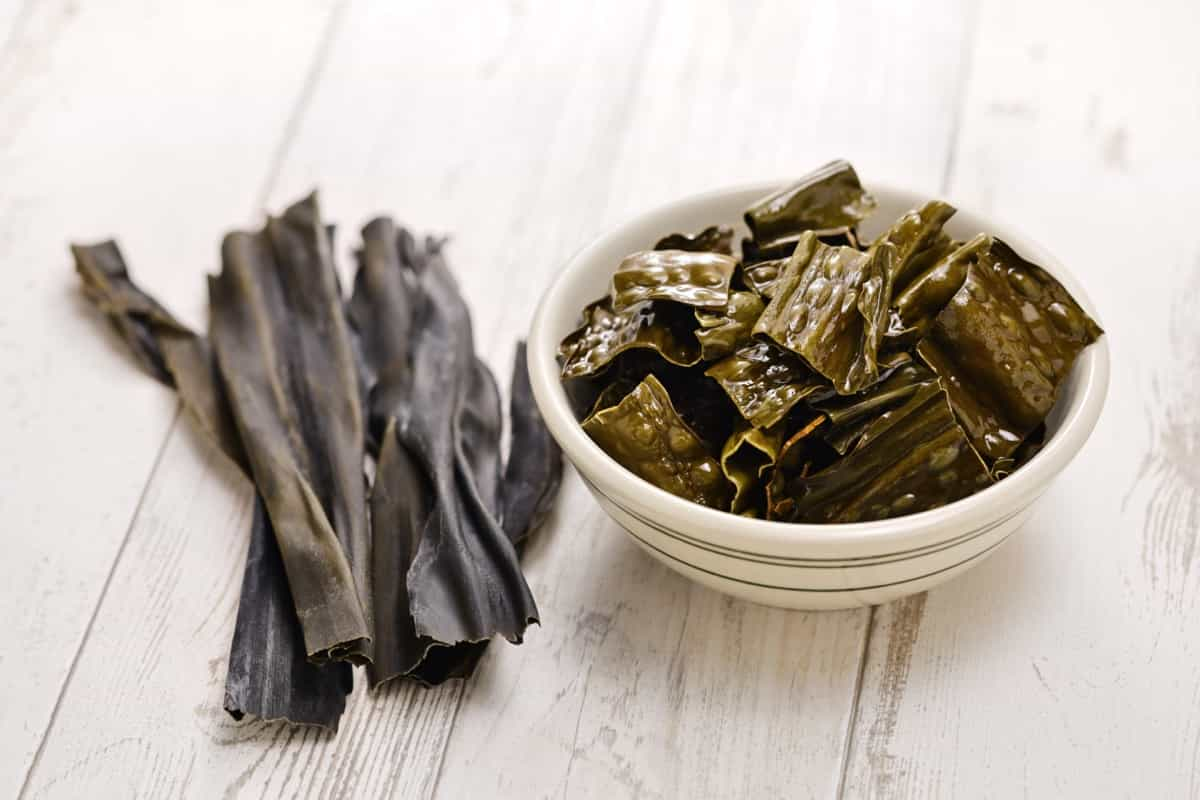Optimizing your garden’s vitality and yield frequently depends on achieving an optimal nutrient balance, where phosphorus is crucial for fostering root growth and flowering. High-phosphorus organic fertilizers like bone meal fertilizer for plants, organic rock phosphate for gardens, and fish bone meal soil amendment are crucial for improving soil fertility and ensuring vigorous plant growth.
Sustainable high-phosphorus fertilizers provide natural phosphorus sources for organic farming, including composted manure with its notable phosphorus content and worm castings known for their nutrient analysis. Additionally, soft rock phosphate benefits, fish meal garden fertilizer, alfalfa meal for flowering plants, and kelp meal micronutrient fertilizer are among the best phosphorus-rich organic fertilizers that support organic fertilizers for root development and flowering, making them indispensable for gardeners seeking to employ sustainable and effective nutrient solutions.
Top 10 High-Phosphorus Organic Fertilizers
Bone Meal
NPK Ratio: 3-15-0
Bone meal fertilizer for plants is a stellar source of phosphorus, vital for root development and flowering in your garden. This organic amendment, made from finely ground animal bones, slowly releases phosphorus into the soil, providing a long-term nutrient boost that helps form strong root systems and enhances blooming in flowering plants.
Besides phosphorus, bone meal also contains a fair amount of nitrogen and calcium, contributing to overall plant health. The gradual release characteristic guarantees sustained availability of phosphorus to plants, minimizing runoff and encouraging sustainable gardening methods.
Rock Phosphate
NPK Ratio: 0-3-0
Organic rock phosphate for gardens offers a gentle, long-lasting source of phosphorus that is ideal for improving soil fertility over time. Unlike synthetic fertilizers, rock phosphate releases phosphorus slowly as it breaks down in the soil, ensuring that plants receive a steady supply of this essential nutrient without the risk of over-fertilization.
Rock phosphate is an excellent choice for organic farming, where maintaining natural soil dynamics and health is paramount. Soft rock phosphate benefits include its phosphorus content and a range of trace minerals that support plant growth and soil health.
Fish Bone Meal
NPK Ratio: 4-17-0
Fish bone meal soil amendment is a potent source of phosphorus and nitrogen derived from the by-products of the fish industry. The elevated phosphorus levels play a crucial role in bolstering root vigor and fostering flower growth, making it an ideal selection for gardeners aiming to maximize their plants’ blooming capacity.
Including nitrogen in fish bone meal also supports general plant growth and greenery, providing a balanced nutritional profile that caters to a plant’s comprehensive needs. This amendment is particularly beneficial in organic gardens where the emphasis is on natural, sustainable inputs for soil enrichment.
Poultry Manure
NPK Ratio: 4-3-2
Poultry manure as organic fertilizer is a well-rounded nutrient source, offering phosphorus, nitrogen, and potassium, making it a balanced choice for gardeners. The phosphorus content in poultry manure is essential for stimulating root development and aiding in the formation of flowers and fruits.
In case you missed it: Unlocking Greenery: Discover the Perfect NPK Ratio for Your Indoor Plants

At the same time, the additional nutrients support overall plant health and soil fertility. Composted poultry manure can further enhance its benefits, as the composting process stabilizes the nutrients, reduces pathogens, and makes the manure safer and more beneficial for garden use.
Composted Manure
NPK Ratio: Varies by source
Regardless of origin, composted manure generally boasts a diverse nutrient profile with a considerable phosphorus content crucial for plant growth. The composting process breaks down organic matter into a more accessible form for plants, enriching the soil with phosphorus, nitrogen, potassium, and a host of micronutrients.
In case you missed it: How to Use Neem Oil in Composting: Benefits, Tips, and Techniques for Success

This makes composted manure phosphorus content highly beneficial for enhancing soil structure, moisture retention, and microbial activity, leading to healthier, more robust plants. Whether sourced from cows, horses, or poultry, composted manure is a cornerstone of organic gardening, contributing to sustainable soil management and fertility.
Worm Castings
NPK Ratio: 1-1-1 (approximately)
Worm casting nutrient analysis reveals a well-balanced suite of essential nutrients, including a modest but significant amount of phosphorus. These castings, produced by earthworms as they digest organic matter, are a gold standard in organic fertilization, offering a gentle yet powerful boost to soil health and plant growth.
In case you missed it: Homemade Wormwood Spray for Pests and Disease Control: Recipe for Natural and Organic Benefits of Plants

The phosphorus in worm castings is readily available to plants, promoting root development and flowering without the risk of burning or over-fertilization associated with synthetic products. Worm castings also improve soil structure and increase microbial activity, enhancing nutrient availability and plant health.
Soft Rock Phosphate
NPK Ratio: 0-3-0
Soft rock phosphate benefits the garden by acting as a long-term source of phosphorus, which is crucial for healthy root development and aiding in the maturation of fruits and flowers. This natural, untreated form of phosphate rock is an excellent addition to organic gardens, slowly releasing phosphorus over several years, making it a sustainable choice for improving soil fertility. Unlike water-soluble phosphorus sources, soft rock phosphate minimizes the risk of leaching into waterways, thereby supporting eco-friendly gardening practices and ensuring that plants have access to phosphorus when they most need it.
Fish Meal
NPK Ratio: 10-6-2
Fish meal garden fertilizer offers a rich source of nitrogen, phosphorus, and other essential nutrients, making it an excellent all-around fertilizer for promoting vigorous plant growth, lush foliage, and vibrant blooms. Derived from processed fish, this organic fertilizer enriches the soil with necessary nutrients and improves soil health by enhancing microbial activity, which in turn helps in nutrient uptake by plants. Fish meal’s quick-release properties provide immediate nutritional benefits, making it ideal for use during the growing season when plants are actively developing.
Alfalfa Meal
NPK Ratio: 2-1-2
Alfalfa meal for flowering plants is derived from ground alfalfa plants, providing a balanced supply of nitrogen, phosphorus, and potassium. This gentle, slow-release fertilizer benefits roses and other flowering plants, encouraging lush growth and abundant blooms. In addition to its NPK content, alfalfa meal contains growth-stimulating hormones and micronutrients that further enhance plant health and productivity. Its organic nature integrates well into sustainable gardening practices, enriching the soil and supporting the broader ecosystem.
Kelp Meal
NPK Ratio: 1-0.1-2
Kelp meal micronutrient fertilizer is made from dried and ground seaweed, offering a unique blend of nutrients, including a modest amount of phosphorus, potassium, and a rich array of micronutrients essential for plant health. Kelp meal’s real value lies in its high micronutrient content, which can stimulate root development, increase yield, and improve overall plant vigor. Its slow-release properties ensure a long-lasting effect, making it a sustainable option for organic gardens seeking to bolster plant growth and resilience through natural means.
In case you missed it: How to Use Baking Soda as a Weed Killer: Benefits and Baking Soda as a Natural Herbicide

Conclusion
Incorporating high-phosphorus organic fertilizers like bone meal, rock phosphate, and fish bone meal into your garden enhances root development and flowering and contributes to the sustainability of your gardening practices.
- Feed Your Flock for Less: Top 10 Tips to Save on Chicken Feed
- Ultimate Guide to Ossabaw Island Hog: Breeding, Raising, Diet, and Care
- Hatching Answers: The Top 10 Reasons Your Chickens Aren’t Laying Eggs
- Eggs and Economics: Breaking Down the Cost of Raising Backyard Chickens
- Defend Your Greens: Proven Methods to Keep Iguanas Out of Your Garden
- Ultimate Guide to Cinnamon Queen Chicken: A Comprehensive Guide for Beginners
- Ultimate Guide to California Tan Chicken: Breeding, Raising, Diet, Egg-Production and Care
- Ultimate Guide to Marsh Daisy Chicken: Breeding, Raising, Diet, and Care
- 10 Types of Chicken Farming Businesses You Can Start for Profits